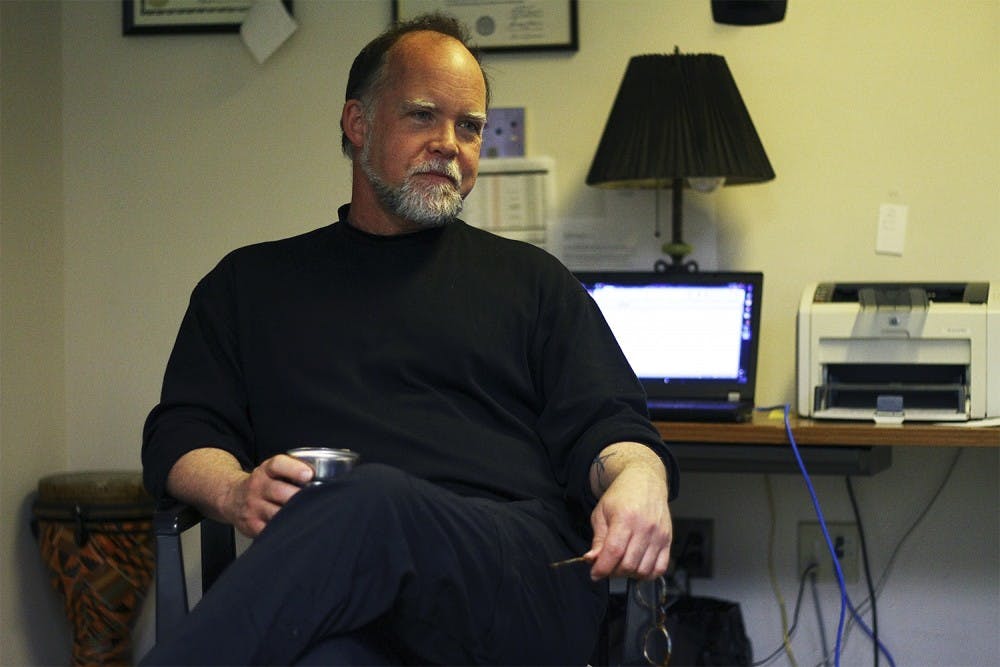Allen O’Barr is the director of Counseling and Psychological Services and a psychiatrist. Staff writer Eva Ellenburg spoke with him about managing stress during finals.
The Daily Tar Heel: What are some strategies for managing stress during finals?
Allen O’Barr: The first thing I would say is it’s always good to be prepared ahead of the stressful time, but I mean, I think that’s probably an unrealistic thing to ask of a lot of people. Given the fact that we’re at this time, if someone hasn’t actually created the practices to be in a good place to manage stress, then what I would suggest now is really look at what is doable in the time period left. If I had five exams, and in two of my classes, I was feeling like I wasn’t going to do well in them no matter what, then I would just focus on the three that I was going to do well in and try to pull as much positivity out of it that I could.
I think it’s very easy to say, “It’s exam time, you want to get a lot of sleep, you want to eat well, you want to exercise,” but you know even personally when I’m under stress, I’m probably not eating well and exercising. I’m trying and that’s my practice to be able to be ready for the stressful times, but if I dropped that practice two months ago, then I have to look at what I have in front of me. I have to say, “OK, I have this many social obligations, I have this many group and committee obligations, I have this many academic obligations. What’s the most important thing right here?”
DTH: Does CAPS see an increase in patients during finals?
AO: Oh, yeah. Like right now, we’re swamped. We will see people during finals, but it generally is the week or so leading up to finals where people are just thinking, “Oh my God, I can’t see a way out. I’ve got to go talk to somebody.” Generally, by the time we actively hit finals, people have just — they’re already geared in. They’re dug in, they’re going to do what they can do and they’re going to get it done. But yes, we definitely see an increase in the spring, from spring break to finals, and in the fall, really from Halloween to finals. It is very busy.
DTH: What are common unhealthy behaviors you see students doing during finals?
AO: Moving to extremes. Let’s say that I’ve been, you know, sort of procrastinating all semester and all of a sudden I’m like “Ahh!” And then I’m like, “OK, I’m going to just go to the store, I’m going to get a lot of granola bars, and I’m going to go to the library, and I’m not going to sleep, and I’m going to keep amphetamines to keep myself awake, and I’m just going to push through this.” That’s not going to work over a 10-day period. You know, you might be able to pull that off for 24 hours, but that’s not going to work when you’ve got a prolonged period. You have to be more moderate and say, “I don’t really have enough sleep, but I must sleep because if I don’t sleep, I’m going to completely come unglued, and I’m not going to be able to do anything.” If I normally sleep nine hours a night, it’d be great if I could do that, but if I can’t, let’s drop back to seven. Let’s use those other two hours and pace myself and really set up a schedule.
DTH: What are some problems that students can face when they deal with stress in unhealthy ways?



